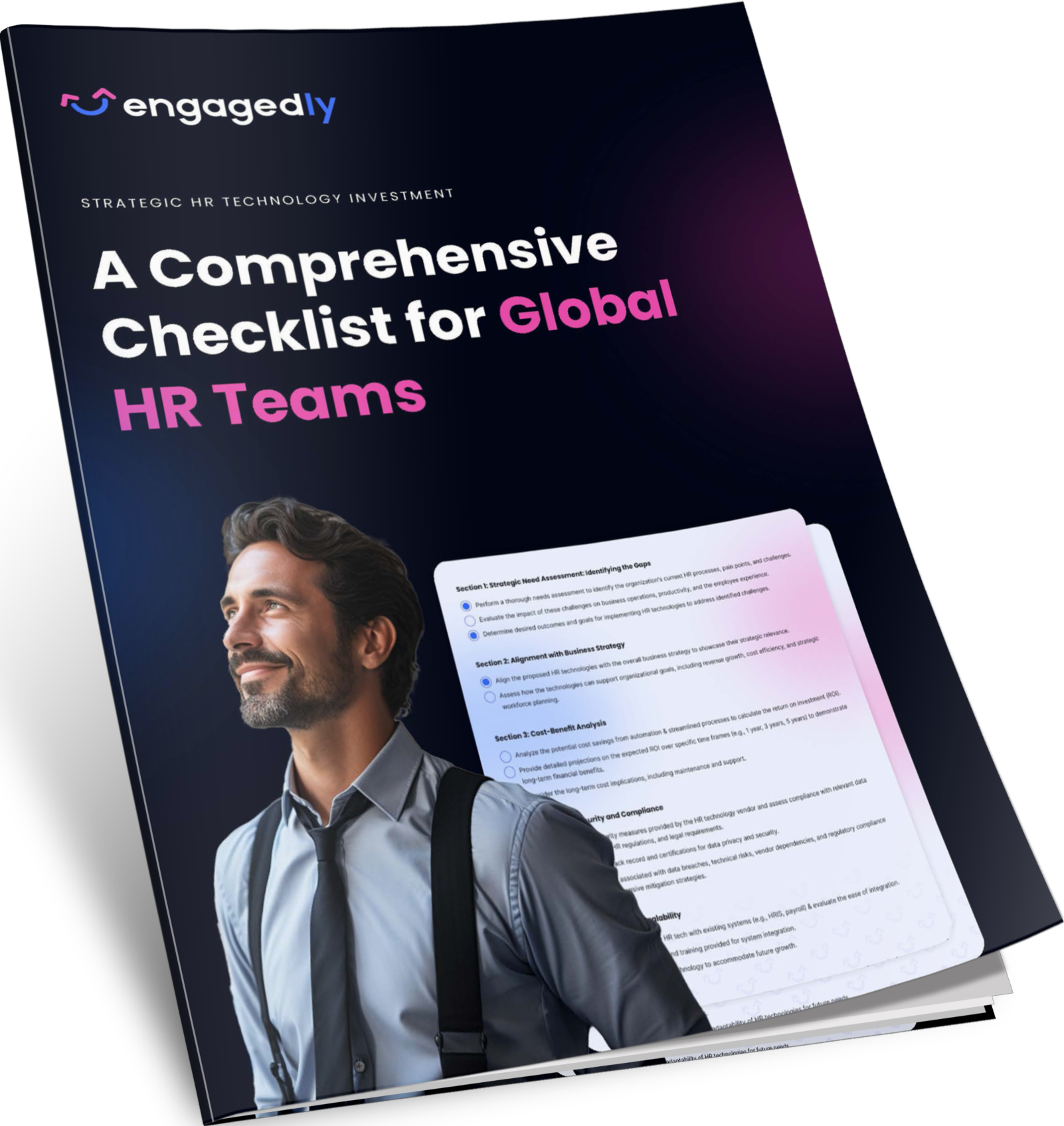Music is a lot more than just a way to escape the daily grind. For some, the best part about commuting to work, despite the traffic and commotions, is listening to their favorite playlist on the way. For some others, it enhances their mood to work. Thats why they are often seen moving around with their headphones on.
Music has the capacity to uplift moods and make people feel positive. But does it help increase productivity at work? To find out the answer to the above question, we plugged in our headphones and dove in deep.
A study conducted by Cornell University’s researchers, Kevin Kniffin, Jubo Yan, Brian Wansink and William Schulze revealed that music plays an important role in the enrichment of professional lives of individuals.
Music is a pervasive part of much of our daily lives, whether we consciously notice it or not – Kevin Kniffin.
According to this study, listening to music with a steady beat at workplaces increases the probability of people being in sync with each other. Music proved to be especially valuable when it came to effortless team work and productivity. The research also showed that happy music has the power to create a supportive and positive environment at workplace.
Many companies do not allow their employees to plug in earphones and listen to music (thankfully, we at Engagedly are not stopped from listening to music when we work) for whatever reasons. It might have to do with the fact that their work cultures do not allow for it or they think it is distracting.
Also read: Getting Back to Work Post COVID-19: 7 Things to Consider
Another study by the Montreal Neurological Institute & Hospital says that when you listen to music that you like, a chemical called Dopamine (a neurotransmitter), which is also called the ‘Pleasure Chemical’ is released.
According to scientists, dopamine is associated with the pleasure system of the brain which provides feelings of enjoyment and motivates us. Dopamine is usually released by natural experiences like food, drugs, sex etc. These results show us why music has such an obvious effect on our productivity and motivation.
Additionally, Dr. Daniel J. Levitin, professor of Psychology and Music at McGill University of Montreal, mentions in his book ‘THIS IS YOUR BRAIN ON MUSIC’, that we are all music experts because we know what kind of music resonates with us on an emotional level.
There are many studies out there which talk about the healing power of music and how listening to music releases Endorphins (also a neurotransmitter) which are also commonly referred to as ‘Feel Good’ hormones.
And if you have watched ‘Legally Blonde’, you would know what Elle Woods says about it: “Endorphins make you happy and happy people just don’t shoot their husbands, they just don’t!”
With regards to music, apply the same to your employees. Allow your employees to listen music while at work. With listening to music when working, there are a few things that you need to keep in mind though.
How can music help you?
When tasks are repetitive:
While at work, there are certain things that require complete focus while others that do not. You can play music when doing any task that is repetitive and does not involve a lot of brain power.
For example, you do not need to logically analyze copying and pasting text from one document to another but you need to be dedicated when you are modifying the code for an application. So listening to music when doing the former helps you, whereas doing it for the latter might be disastrous.
To cancel out a noisy environment:
These days, most start-ups prefer open offices over closed ones because they promote collaboration among employees. In an open office with multiple teams that carry out various different functions, it is almost impossible to focus on your work. So plugging your headphones in and escaping all the unwanted noise helps you be more focused and productive at work.
A break to enhance creativity:
Creativity is important to any job. No one can stay happy with repeating same work routine and techniques over and over again. So if your work requires you to be creative, take a short break and tune into your favorite song only to continue working later on with increased focus and creativity.
Also read: 10 Best Employee Feedback Tools To Track Performance
When should you pause?
When you’re learning something:
When you are learning something new at work, press the pause button and focus on what you are learning. Because music will not help you when you are doing something for the first time. Learning is a task that requires absolute focus and analytical skills of your brain. In this case, music will only distract you because half your attention will be focused on music!
When new tracks come by:
There are studies which say that music boosts productivity and it is true to a large extent. But this only works when music is already something you have listened to multiple times. If you choose to listen to new music when trying to be productive, you will start focusing more on the new music and the priority task doesn’t receive the attention that it should be receiving.
When the lyrics are distracting:
There are different kinds of music. Some music maybe really soothing and calm, others can be loud with distracting lyrics which shift your focus from work. This is when you need to refrain yourself from listening to music and complete the task at hand.
Should you allow employees to blare loud music at work? Absolutely not. But should you allow them to plug in their headphones and bop away as they work hard? Definitely! At the very least, give it a shot. The increase in productivity might just end up surprising you!
Engagedly is offering a suite of products part of its Remote Work Toolkit free to any organisation, until Sept 30th, 2020.
The Coronavirus has affected the way we work today and for months to come. Unprecedented events require unprecedented measures. We at Engagedly believe it is our responsibility as socially conscious corporate citizens to help equip organisations with additional tools and resources during this time of crisis.
Get in touch with us to know more about the free remote working tool-kit.
Get In Touch With Us
Kylee Stone
Kylee Stone supports the professional services team as a CX intern and psychology SME. She leverages her innate creativity with extensive background in psychology to support client experience and organizational functions. Kylee is completing her master’s degree in Industrial-Organizational psychology at the University of Missouri Science and Technology emphasizing in Applied workplace psychology and Statistical Methods.





